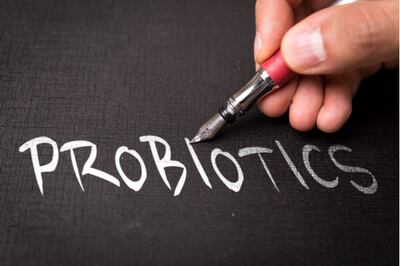To mark International Self-Care Day 2020, HBW Insight highlights a selection of campaigns launched by associations and industry players to promote consumer healthcare.

International Self-Care Day 2020: How COVID-19 Has Changed Consumer Behavior
The global consumer healthcare industry comes together on International Self-Care Day to highlight how the COVID-19 pandemic has sparked a change in behavior, with more and more people taking an interest in their own health.

More from International
Bayer Consumer Health, the Global Self-Care Federation and the Business Council for International Understanding outline in a paper how industry can work with multilateral organizations, governments, financial institutions, and stakeholders to "recognize and champion self-care as a fundamental driver of global health progress."
PAGB CEO Michelle Riddalls and ISF president emeritus David Webber have been awarded OBEs for their services to consumer health and self-care.
A round-up of the latest consumer health industry appointments: GSCF names next director general, MENAP-SCI elects chairman; Clasado hires BD director.
A slowdown in China and the US, along with signs of a weaker cough & cold season in the latter, has led Bayer Consumer Health to lower its full-year sales guidance.
More from Geography
IPA Europe responds critically to recent EU Ombudsman's decision that the EC’s position in relation to probiotics is “reasonable". “While we respect the Ombudsman’s role, its conclusions fail to address the main critical concerns raised by stakeholders,” the association insists.
Bayer Consumer Health, the Global Self-Care Federation and the Business Council for International Understanding outline in a paper how industry can work with multilateral organizations, governments, financial institutions, and stakeholders to "recognize and champion self-care as a fundamental driver of global health progress."
Offer valuing struggling UK consumer health player Alliance at £350m has the backing of the company's board of directors.





